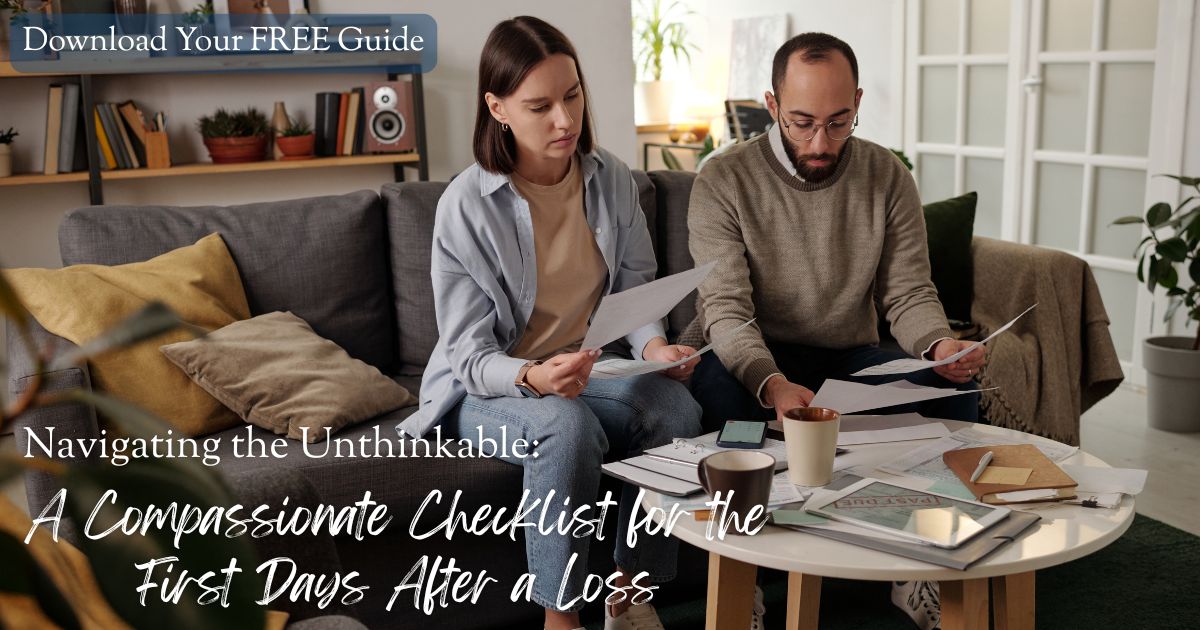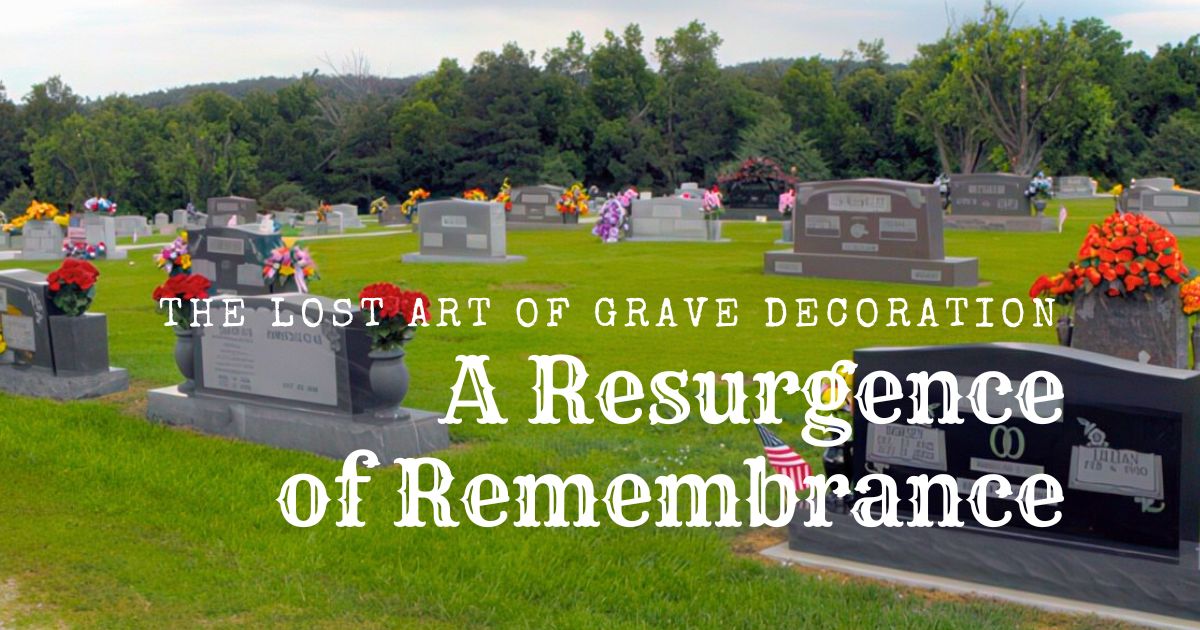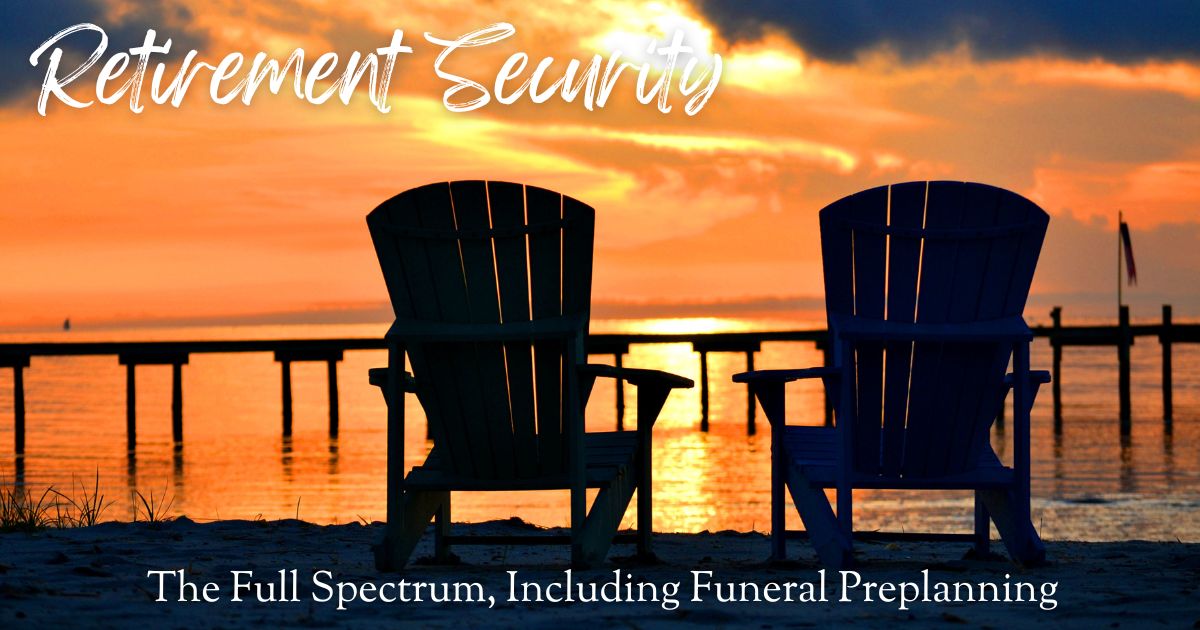
In the immediate aftermath of losing a loved one, the world can seem to shift on its axis. Amid the fog of grief, a daunting question arises: What do I do now? It’s a time when the heart is shattered, yet the mind is expected to handle a myriad of practical and legal tasks.
This guide is not just a checklist; it’s a hand to hold in the darkness. It’s designed to walk you through those overwhelming first hours and days with clarity and compassion, ensuring you can honor your loved one while protecting your own well-being. Remember, this is not about doing everything at once. It’s about taking one small, manageable step at a time.
Here is a gentle guide to navigating those first essential steps:
- Begin with the Immediate and Essential: In the first few hours, focus only on what is urgent. This includes obtaining a legal pronouncement of death from a medical professional and contacting a funeral home to care for your loved one. These first actions create a stable foundation from which everything else will follow. Allow the professionals to guide you; they are there to shoulder these initial burdens with expertise and compassion.
- Gather Your Circle and Delegate: You do not have to make notifications alone. After informing immediate family, identify a few trusted friends or relatives who can help contact others. People want to help—letting them manage a phone tree or coordinate meals is a gift to them and a necessary act of self-preservation for you.
- Secure the Home and Personal Items: In the flurry of activity, it’s important to create a safe and private space. Take a moment to secure valuables, manage medications, and set aside personal items like your loved one’s glasses, phone, or journal. This isn’t about "clearing out”; it’s about preserving precious items until you have the emotional capacity to address them.
- Locate Key Documents (But Don’t Tackle Them All): When you have a quiet moment, focus on finding the most critical documents: the Will, any Trust papers, and life insurance policies. You don’t need to read them thoroughly now—just knowing where they are is a huge step. Keep them together in a safe place.
- Order More Death Certificates Than You Think You’ll Need: When you work with the funeral home, they will help you order official death certificates. It is recommended to get 10-15 certified copies. Banks, insurance companies, and government agencies will all require an original, and having plenty on hand will save you from the stress of reordering later.
- Permission to Pause is the Most Important Step: This checklist is a guide, not a mandate. Your primary job is to grieve. If at any point it becomes too much, stop. Rest. Drink water. Let someone else handle the next call. The logistics will wait. Your healing cannot be rushed.
You are navigating the impossible with immense strength. Be gentle with yourself and trust that by tackling one thing at a time, you will get through this.
For a complete, step-by-step checklist that you can print and keep with you during this time, download our free guide, "What to Do When a Loved One Passes.” It provides a clear, compassionate roadmap for everything from first steps to legal and financial matters, so you don’t have to hold it all in your head.



.png)


